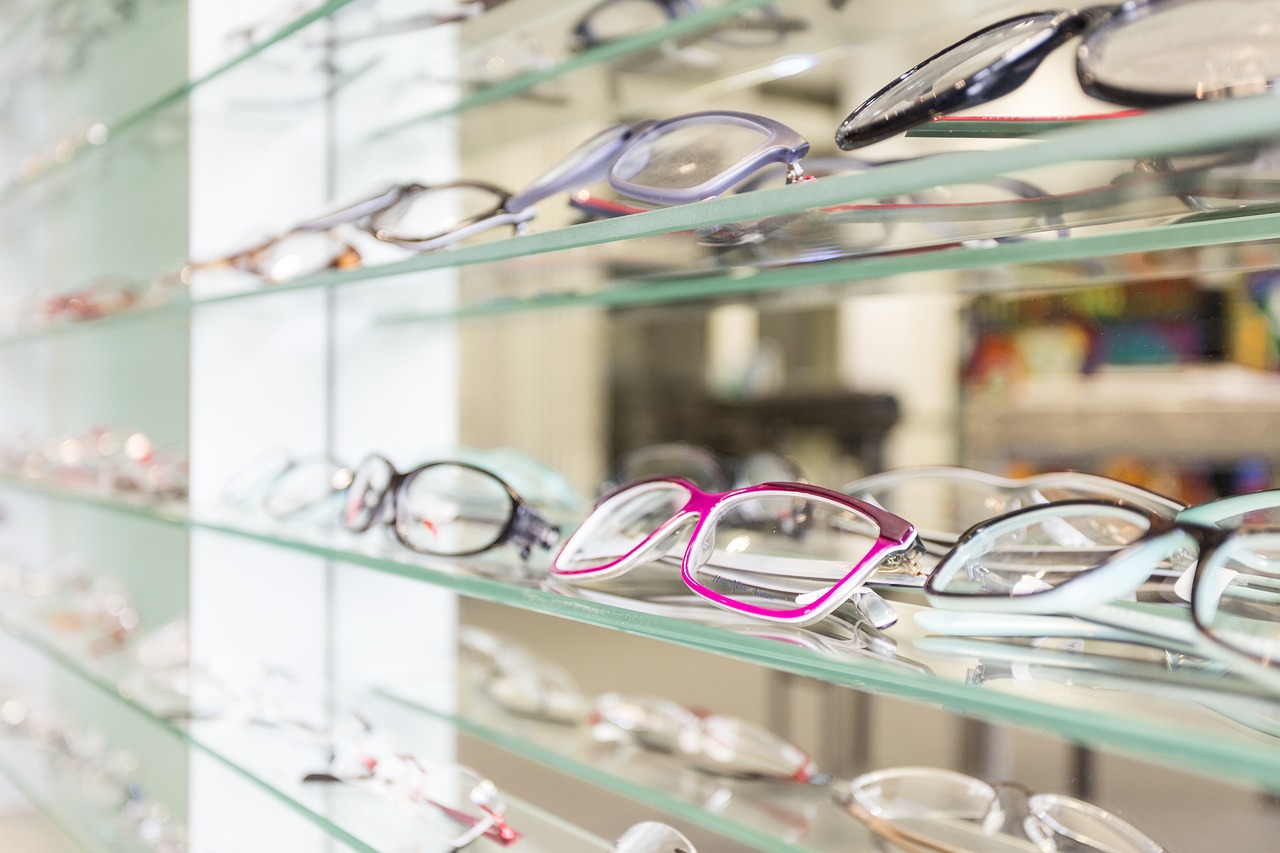
Attention, contact lens wearers! We all know how important it is to take care of our lenses, but let’s be honest, we’ve all broken a few rules here and there. Whether it’s sleeping in them or using them past their expiration date, we’ve all been guilty of it. But here’s the thing, it’s not worth the harm it can cause to our eyes.
So, how do you know if your contact lenses are expired? Well, it’s simple. Just take a look at the month and year printed on the box. For example, if it says 06/23, that means the contacts are good until the end of June 2023. Using them beyond that date can put your eyes at risk of infection or worse.
If you notice any initial burning, stinging, or redness in your eyes, it could be a sign that your expired contacts are not agreeing with you. According to Dr. Yuna Rapoport, an ophthalmologist at Manhattan Eye, you should immediately remove the contacts and use preservative-free artificial tears if this happens.
But why is using expired contacts such a big deal? Well, one reason is that even though they may be sealed, the solution inside may no longer be good. This can lead to bacteria and fungus growth, putting you at risk for infections like bacterial keratitis. Trust me, you don’t want to deal with symptoms like eye redness, sensitivity to light, pain, and blurred vision.
And here’s another thing to keep in mind – your contact lens prescription expires after a year. So, if you’re using expired contacts with an outdated prescription, you may experience blurry vision, eye strain, and fatigue. It’s always a good idea to schedule annual eye exams to make sure your prescription is up to date and to get properly fitted for new lenses.
Using expired contacts can also increase your chances of dry eyes. As time goes on, contacts lose their permeability, which means less oxygen reaches your eyes. This can leave your eyes feeling dry and increase the risk of infection. So, if you already have dry eyes or other corneal conditions, you’re at an even greater risk.
In conclusion, it’s best to avoid using expired contacts altogether. They can put you at risk of infections, ulcers, keratitis, and inflammation. Dr. Rapoport strongly advises against trying to extend the life of your contacts. Instead, make sure to discard them accordingly and always practice good hygiene when handling your lenses.
Remember, the most hygienic way to use contacts is to wash your hands before putting them in and to use lubricating drops before inserting or removing them. Your eyes deserve the best care possible, so let’s make sure we’re giving it to them!
